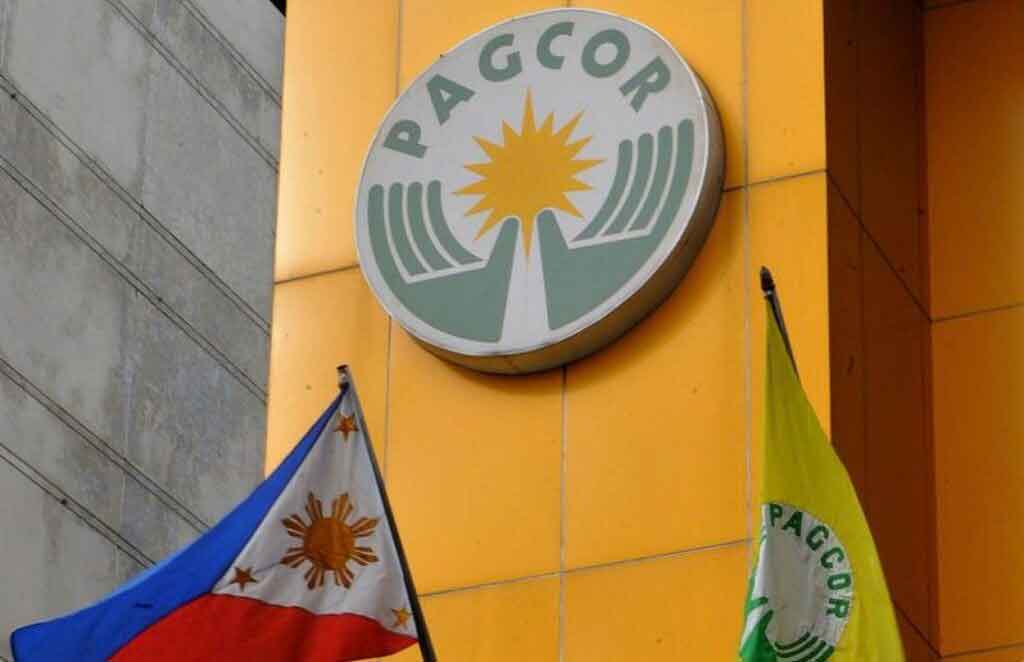The Philippines’ online gaming sector has reached new heights. Annualized GGR (gross gaming revenue) hit $2.4 billion in the third quarter of the year. This is according to data from the PAGCOR or Philippine Amusement and Gaming Corporation. Investment bank Morgan Stanley says this figure represents about 70% of the land-based gaming GGR of the country. It underscores the quick expansion of the digital gaming landscape.

The online segment has also become the largest contributor to gaming taxes. It generates PHP28 billion or $490 million in the third quarter of the current year. This surpasses land-based collections. The sector’s growth has been meteoric. It rose from 40% of land-based GGR in the first quarter to 60% in the second quarter. Now, it stands at 70%.
Morgan Stanley analysts noted that the Philippines’ online gaming annualized revenues in Q3 reached $2.4 billion. This is equivalent to 70% of land-based GGR.
The collections of PAGCOR have fallen short of projections, in spite of a robust tax contribution. This is possibly because of the elevated setup fees for newly licensed operators. For most operators and 25% for integrated resorts starting January 1 of the coming year, the current tax rate of 35% will be lowered to 30%. This aligns online rates more closely with land-based gaming, which is taxed at 25% for mass gaming and 15% for junket gaming.
DigiPlus is a leading online gaming operator. It now controls 50% of the domestic market share, with 30 million registered users. Since the second quarter of 2024, it surpasses Bloomberry Resorts Corp. in both GGR and EBITDA.
Nonetheless, competition is heating up. Bloomberry plans to launch a new online gaming app in the third quarter of 2025. The app will operate under a distinct brand, separate from its Solaire operations, targeting a different clientele.


